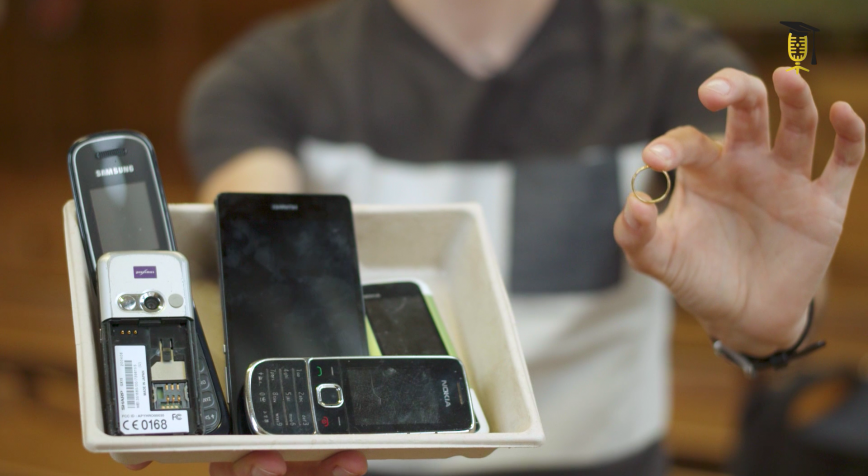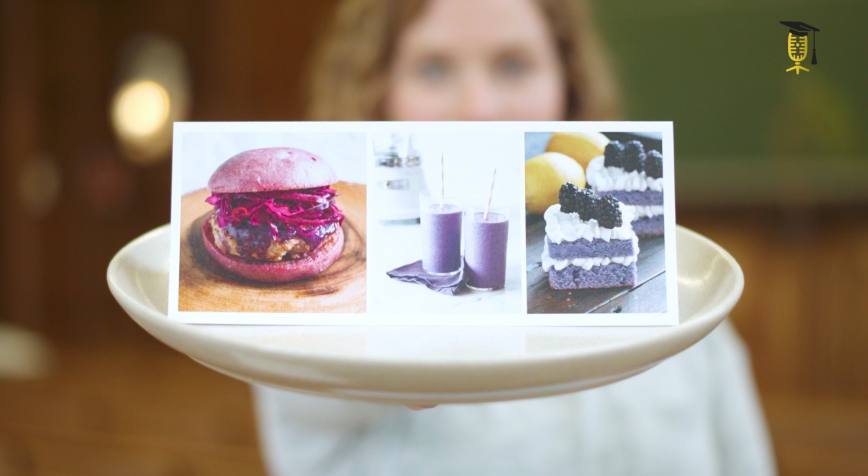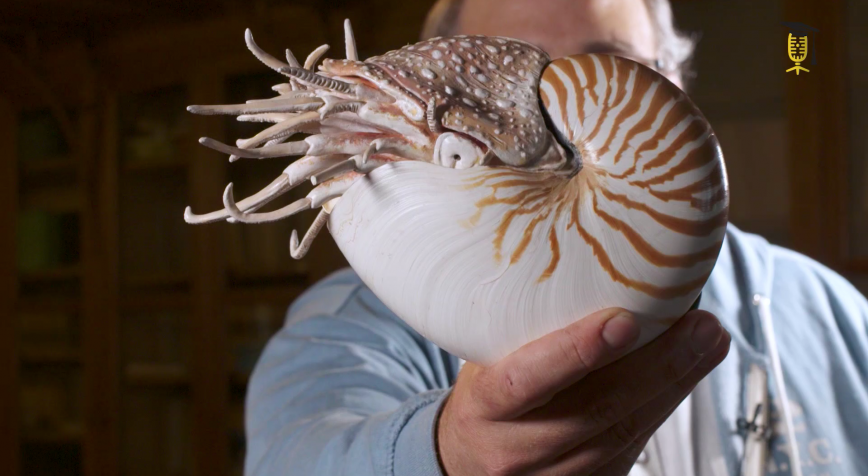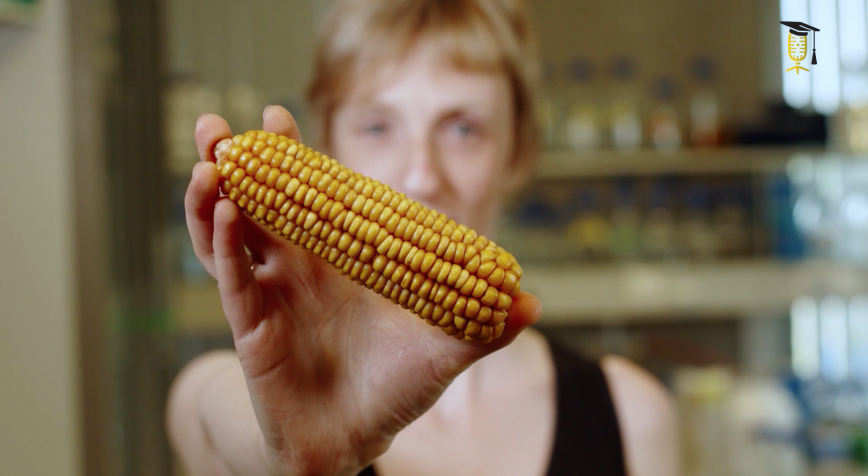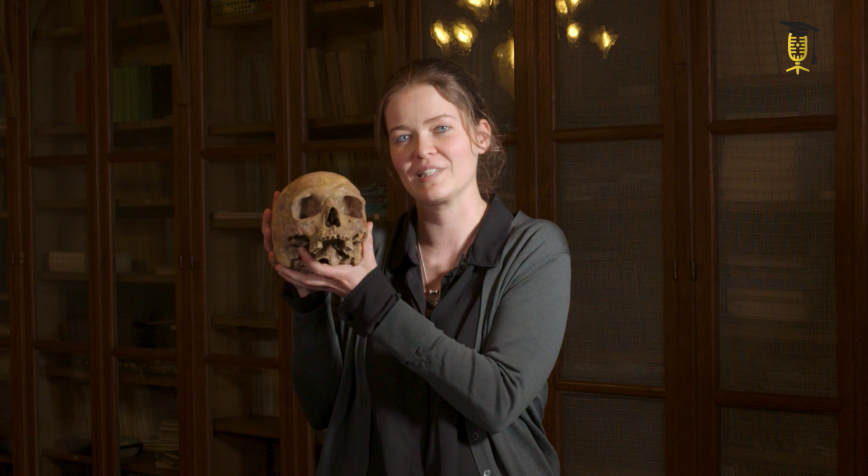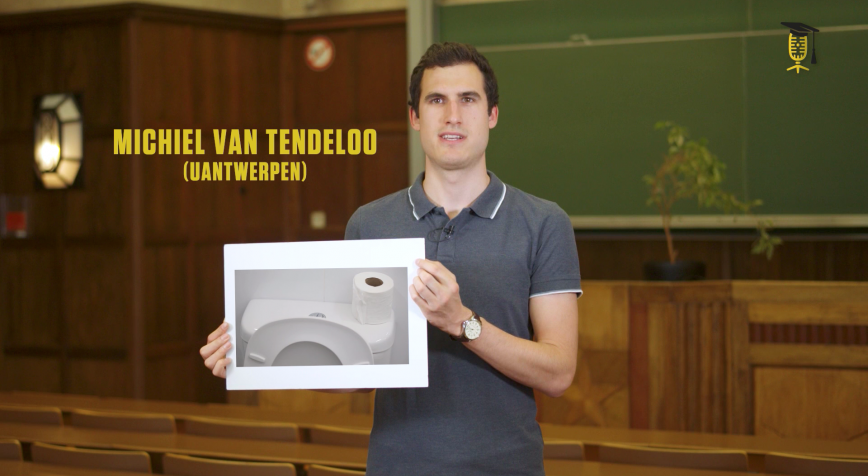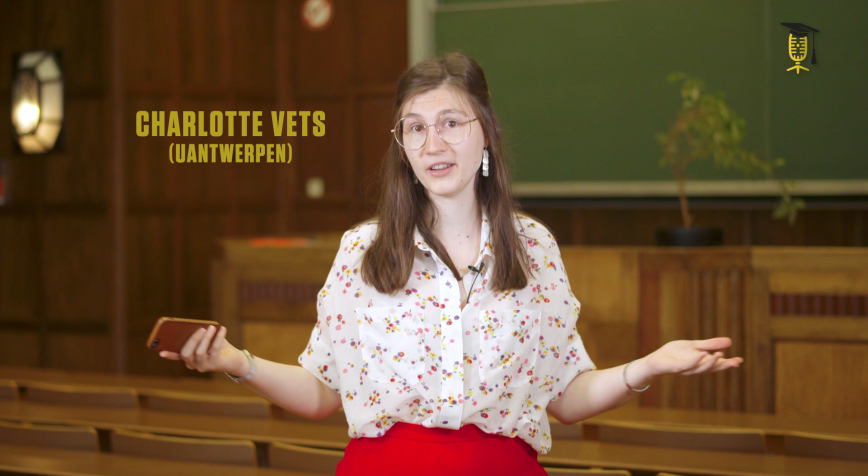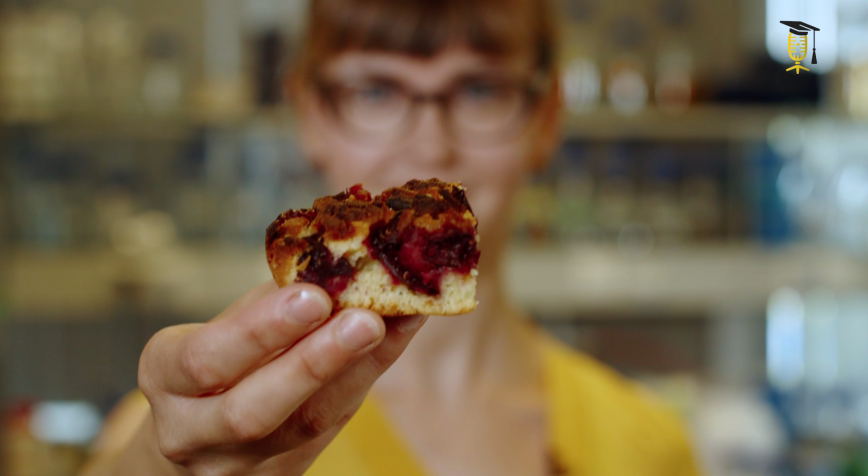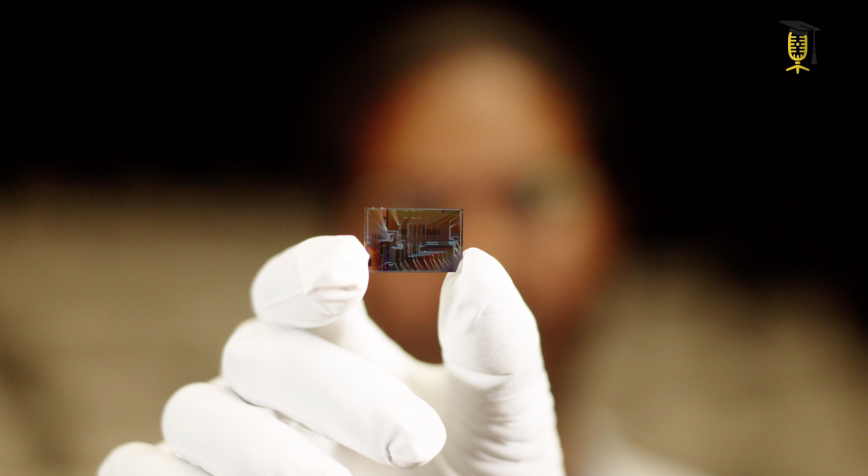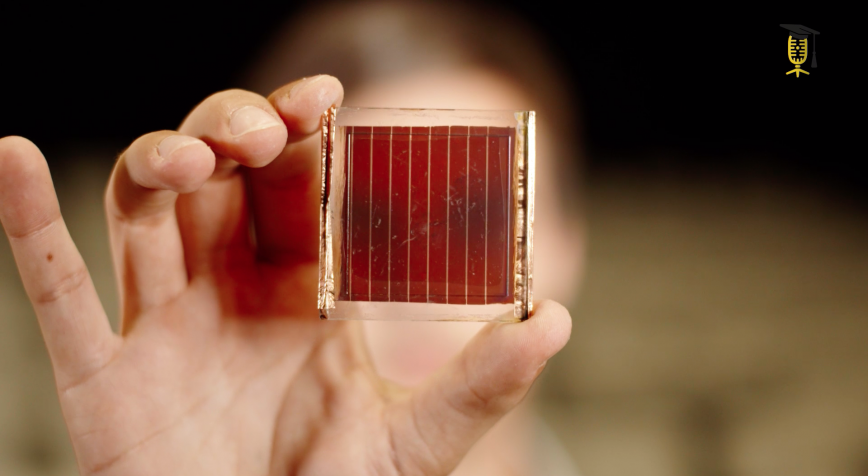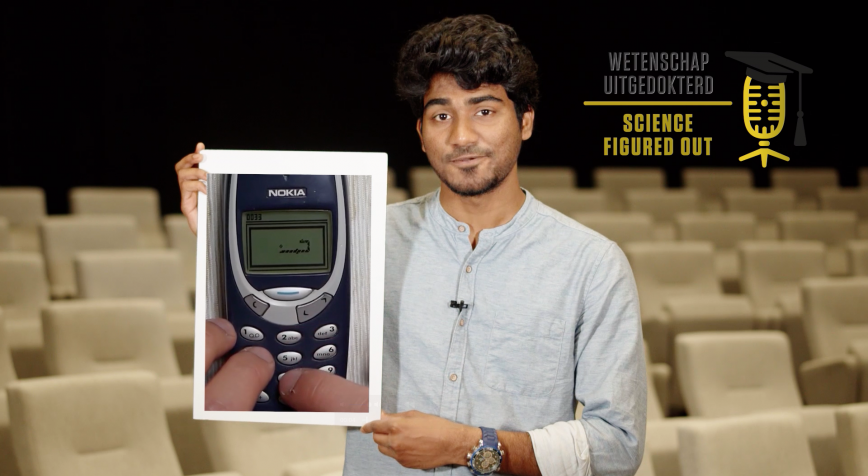
UGent
VIB
Fewer calories as a weapon against Alzheimer's disease?
Mice that follow a low-calorie diet appear to be protected against the development of Alzheimer’s disease. Charysse Vandendriessche is investigating why this is the case to gather more insight in the underlying disease mechanism. This information could into the future contribute to the development of a treatment against this devastating disease.
